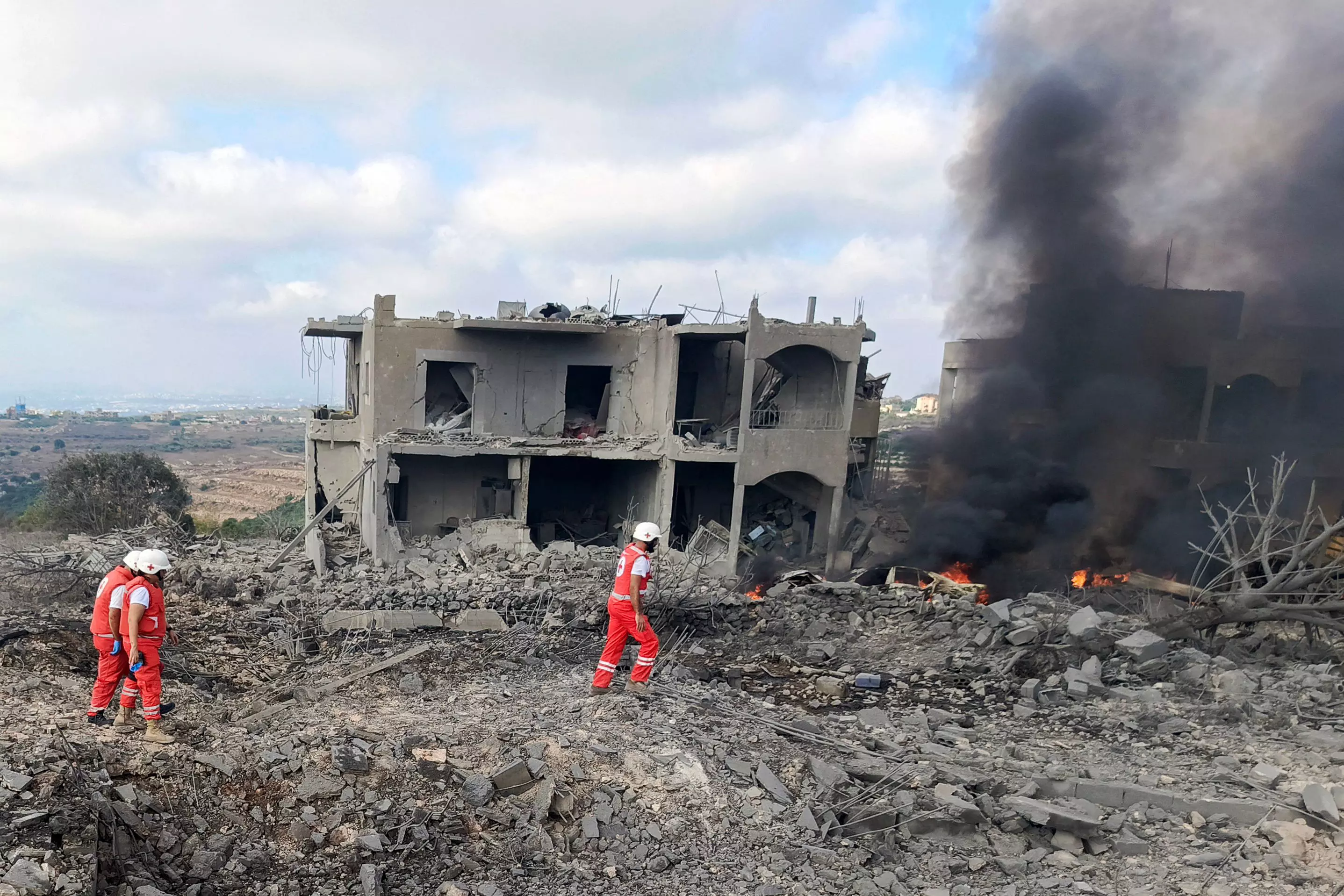AA Edit | With Hamas, Hezbollah hits, Israel leaves truce hope in tatters

As the war in Gaza Stirp has been raging for nine months, events have occurred every other week that have served only to kill any lingering hope that a way would be found to end it. The killing in Tehran of Ismail Haniyeh, the political leader of Hamas, in what must have been an Israeli missile strike, coming on top of an Israeli strike in the Lebanese capital Beirut to kill a top Hezbollah commander in Fuad Shukr, has not only plunged the Middle East into a fresh crisis but also left the hope of a ceasefire hanging by a very slim thread.
Even as the leaders of Hamas and Hezbollah are mourning the deaths of two top people, they, along with a wounded Iran, are already contemplating what sort of revenge they will seek in retaliatory attacks that could well plunge the conflict-ridden Middle East into a full-scale regional war against Israel with Hamas and Iran and its “Axis of Resistance” allies Hezbollah and the Houthi rebels of Yemen.
Israel’s Prime Minister Netanyahu is the one to be blamed squarely for this latest escalation in his forces targeting a political person who was actively involved in the negotiations for a hostages-prisoners swap between Hamas and Israel. He was eliminated with a missile that took out the window and a wall of Haniye’s room in Tehran and killed him and his bodyguard just hours after he had attended the investiture ceremony of Iran’s new President, Masoud Pezeshkian.
While Iran’s security is exposed by such a strike, perhaps carried out using Mossad’s intelligence inputs in tracking Haniye’s movements, it does place it in the delicate position of calibrating its response to the death, not of an Iranian but that of an honoured guest at a state ceremony.
The only glimmer of hope that the situation would not go out of hand with a major Iranian strike lies in Iran’s soft retaliatory attacks on Israel when two top commanders and five of their colleagues in the Quds force of the Islamic Revolutionary Guards Corps were killed in a missile strike on a diplomatic compound in Damascus, Syria, in April.
There are no winners in this conflict that began with a shocking Hamas attack on Israeli civilians at their homes and at a concert on October 7 from where hundreds of hostages were taken to Gaza. Israel has since bombarded almost every city of the Gaza Strip, reducing most of them to rubble while killing nearly 40,000 Palestinians. While Israel has stayed quiet on the Haniyeh killing, it has confirmed that it killed the Hamas military commander Mohammed Deif in an aerial attack in Gaza in July.
The pity is, despite the strikes at Hamas personnel and other targets there was always an opportunity for Israel to call off its expensive defensive and offensive war operations in exchange for hostages in a ceasefire deal that seemed close enough to take and come out with some gains from give-and-take negotiations that have been on for months. A Hezbollah attack that killed a dozen kids on a soccer field in the Golan Heights last week had added a deadlier dimension by inviting counterattacks.
And yet it is one man’s political career that may end if the war closes with a ceasefire that is keeping the pot boiling. But then Mr Netanyahu, backed by several hawks in his war cabinet, has not hesitated to embarrass his backers in the US and the West by springing extra-territorial attacks to wipe out peace initiatives attempting to shape a ceasefire from which Israel and its economy will also get breathing space.
